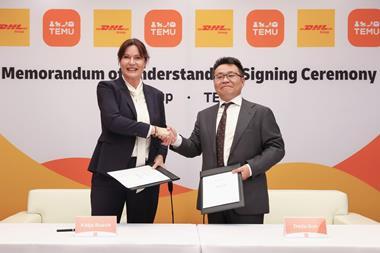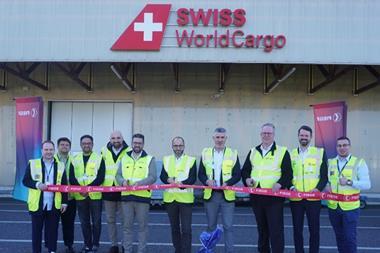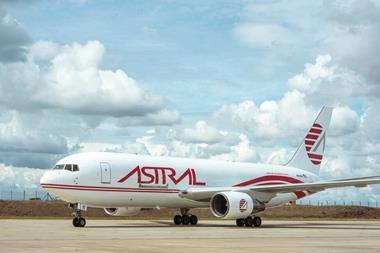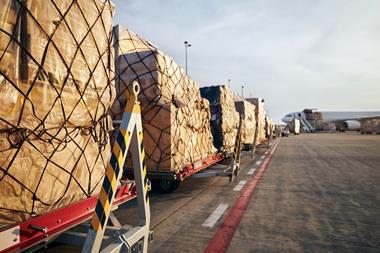Artificial intelligence (AI) is one solution for the air cargo industry as it addresses the growth of e-commerce and a workforce skills shortage.
Other solutions include further automation in the supply chain and greater use of data from the Internet of Things.
These are among the topics that will be discussed during the Air Cargo Europe exhibition and conference, which takes place in Munich during the Transport and Logistics event, held this year between June 4-7.
“The use of AI is the logical consequence of progressive digitalisation in the air cargo industry,” explained Joachim Ehrenthal from the University of Applied Sciences and Arts Northwestern Switzerland and a contributor for the open discussion: Artificial intelligence: next level air cargo? which takes place in Munich on Wednesday, June 5, from 10am.
It will be followed on Thursday, June 6, by Robotics and Automation—Next Level Cargo Handling? starting at 10am.
Through the “exchange of views and information on specific applications,”professor Ehrenthal intends to bring the topic of artificial intelligence “down to earth.”
AI is already deployed throughout the air cargo chain, for example for projections, optical process monitoring, vehicle maintenance, the packing of containers and fraud detection.
“We need to get the data to really take off. By this I mean that existing data graveyards need to be activated and converted into operational decision-making systems,” summarised Ehrenthal.
Harald Sieke, head of the aviation logistics department of the Fraunhofer Institute for Material Flow and Logistics (IML), confirmed this viewpoint: “AI will be deployed throughout the entire air cargo transport chain. The most promising opportunities relate to bookings, reservations and cargo organization for plane loading.”
AI will also cause market shifts as some players will reposition themselves and others will leave the market altogether. Another trend is that e-commerce, which is leading to smaller and smaller shipments, including individual items.
“This focus on smaller units will increase primarily in international e-commerce, which is a very important segment for the air cargo industry,” predicted Dr Sieke.
Customers also want to be able to track shipments from end to end as seamlessly as possible. IATA’s Cargo iQ initiative is contributing to process control, quality control and service improvement. Emirates SkyCargo has been certified in this since March 2018.
“We pro-actively interact with our customers regarding the shipping status,” said Nabil Sultan, Emirates divisional senior vice president cargo, adding: “We monitor shipments around the clock in real time using established milestones and implement corrective measures in the event of deviations or delays.”
The shortage of skilled professionals is also accelerating the trend for automated systems, both in terms of handling and transportation of air cargo. At the same time, “up to 5% of air cargo will no longer be needed on account of 3-D and 4-D printing,” estimated Sieke.
However, if you compare this figure with expected annual growth in air cargo, then “the effects of these types of technology should be seen as negligible.”
The Internet of Things will have a much greater impact, said Sieke: “In the future, shipments will find their own way through the air cargo network. In five to ten years, current intensive research on this will be tangibly felt in practice.”
Air Cargo News will be attending Air Cargo Europe, providing news and analysis from the event.

Dr. Harald Sieke, Head of the Aviation Logistics department of the Fraunhofer Institute for Material Flow and Logistics (IML),












